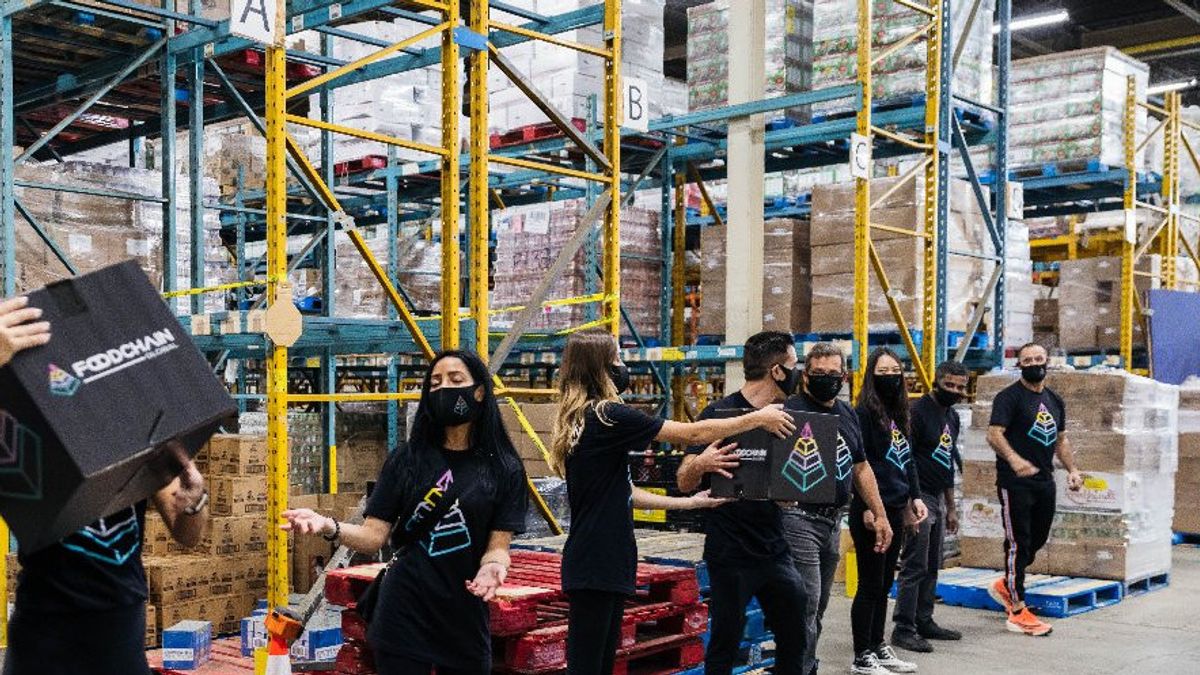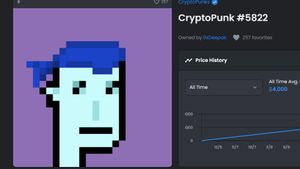JAKARTA - Instead of designing merchandise for the NBA or supplying coffee to major retailers, Shawn Kurz chooses to fight world hunger with the help of blockchain technology.
Motivated to remedy the shortcomings of the traditional charitable system, Kurz has now founded FoodChain Global (FCG), an organization that uses a blockchain-based ecosystem to support charitable initiatives targeting global hunger.
He also enlisted the help of Cody Boyd, a former military systems engineer, to lead the blockchain development team. Now, FCG has launched digital asset products such as the FoodChain Global token (FOOD) and nonfungible token (NFT) and is using the profits to supply food to food banks.
Kurz told Cointelegraph that the project aims to fight against global hunger to the younger generation. This team aims to continue to provide digital products that speak to Millennials and GenZs who are fixated on the digital world.
“We need to connect and provide products to future generations to continue tackling the global hunger crisis but, at the same time, make products engaging and interactive,” Kurz said.
According to Kurz, there are many blockchain projects nowadays, especially meme coins. Yet it has little or no contribution to the real world. He urged society to move past the fluff and "have strong business leaders show the good side of this technology."
Currently, FCG has released its Polygon-based FOOD token, NFT, and crypto merchandise clothing store. The proceeds are used to supply food to the Daily Bread Food Bank and Haven in Queensway.
“Most people who donate to charities just donate and never see tangible evidence of the money being spent,” Kurz said.
SEE ALSO:
However, the FCG founder mentioned that people who buy FOOD tokens can easily track where their money is going via the Polygon blockchain explorer.
By going through publicly available transactions on Polyscan, anyone can see the movement of assets within the FCG ecosystem. With this, people can track the amount used for charity. Kurz says that this allows the public to hold companies accountable.
Meanwhile, crypto charities dedicated to various causes are on the rise. Many blockchain-based projects have contributed to philanthropic initiatives, raising millions of dollars. Crypto donation platform The Giving Block also reported in February that crypto donations increased 16-fold by 2021.
The English, Chinese, Japanese, Arabic, and French versions are automatically generated by the AI. So there may still be inaccuracies in translating, please always see Indonesian as our main language. (system supported by DigitalSiber.id)















